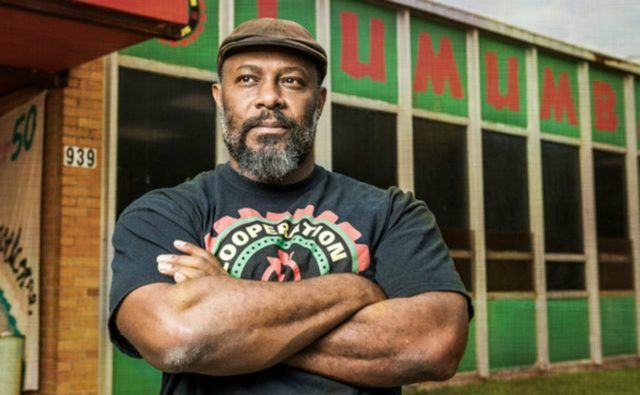As of Friday September 16th, the boil advisory for Jackson, Mississippi has been lifted. The capital city of the southern state has been under various boil advisories for the past three months, exacerbated by heat waves, flash floods and the general ineptitude of the capitalist system to provide necessities for its citizens.
This is just the latest in a long history of struggle for clean drinking water in the area. Since the 1980s, there have been regular boil advisories sent out once or twice a month like clockwork. Immediately, we should ask why any city, much less a capital city in which the state’s funds are prescribed and allocated, hasn’t been able to fix a forty-year public health crisis. One of the answers lies in the demographic makeup of Jackson. Like many metropolitan areas in the Southern United States, the population is overwhelmingly Black. In Jackson specifically, it’s almost 83% according to 2021 estimates. The various bodies of the state legislature, the ones responsible for distributing funds that could be used to fix the water system, are nearly 70% white.

Thankfully, there are those working on the ground in Jackson to correct this negligence, both historical and contemporary. One of the notable examples is Cooperation Jackson, a collective dedicated “to advancing the development of economic democracy in Jackson, Mississippi by building a solidarity economy anchored by a network of cooperatives and other types of worker-owned and democratically self-managed enterprises.” Their vision is informed by the history of self-determination from Black and Latin southerners, as well as international eco-socialist efforts. In a feature early this summer, before the water crisis made national news, Cooperation Jackson was featured as a model of eco-socialist organizing in the imperial core.
As it stands today, the residents of Jackson, Mississippi are no longer under a boil advisory, but the fight is far from over. Tate Reeves, the Republican governor of Mississippi, has suggested the city and its Democratic mayor, Chokwe Antar Lumumba, are the main sources of blame for the water crisis, despite Reeves blocking attempts at funding water system repairs in the past as evidence of his “fiscal conservatism”. There have been suggestions of privatizing the water supply, though many oppose such a move both locally and abroad.
Kali Akuno, cofounder of Cooperation Jackson, says, “The bottom line is private companies are in it to make money, and there’s no money to be made in Jackson.” This is why his collective and organizations in solidarity with them, support efforts to gain public ownership of not only the water supply, but the means of production, land and resources of the area for the benefit of all Mississippians, especially the Black and Latin populations that have been disproportionately affected by this crisis.

For updates on the fight for water sovereignty and an ecologically sound self-determination in Jackson, follow the work of Cooperation Jackson.

